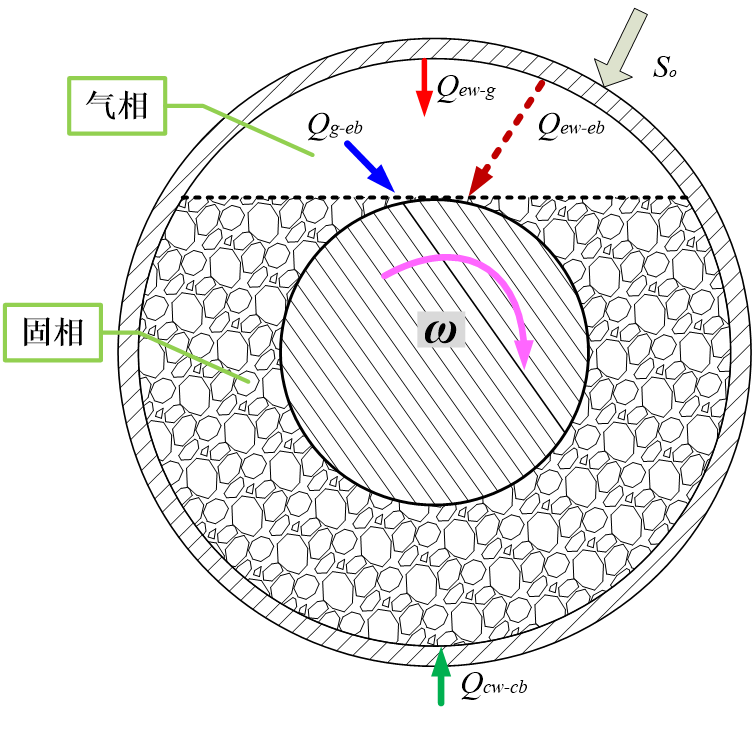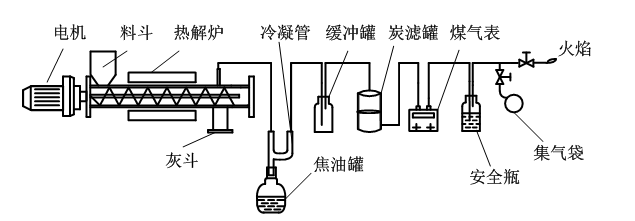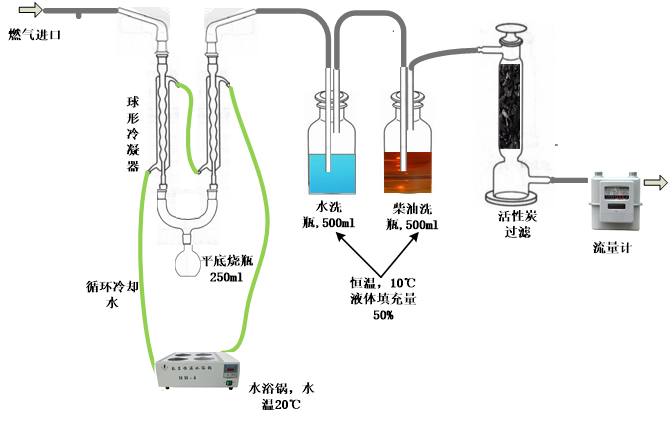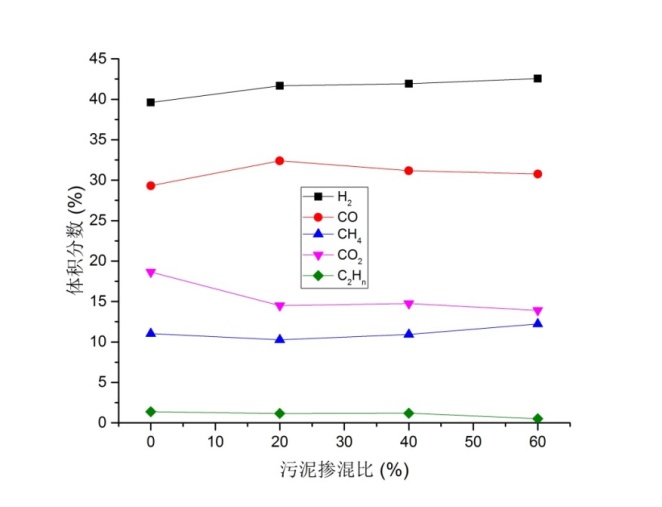热解工艺参数对污泥热解气化的影响毕业论文
2020-06-19 22:19:55
摘 要
如今,在中国经济的快速发展的背景下,城市里涌入大量人口,城市污水污泥处理问题的严重性日益凸显。污泥的传统处理方法主要有焚烧、卫生填埋以及污泥农用等,可是这些方法都伴随着不同程度的二次污染,在这种情况下,环保和可再生能源利用上有双重优势的污泥热解技术便脱颖而出了。
实验利用自制外热式移动床,通过向炉体内通入高温烟气对物体进行传热传质,使其气化产生可燃气。首先设置固定终温,再改变掺混比,对固、液、气三相产物的比例进行对比,得出最优值。其次,再规定好一个固定的掺混比,改变终温,得出最佳的反应温度。
实验结果表明共热物料随着污泥所占百分比的增加,氢气含量上升,一氧化碳含量上下波动,趋于稳定,二氧化碳含量下降。随着终温的升高,氢气的含量有所升高。污泥的最佳比例为40%,在温度为1000℃时,H2含量达到最大值,为45.96%。在污泥掺混比为40%的情况下,当终温为800℃时,三种气体的含量适中且热值接近本实验的期望值。
关键词:污泥;热解气化;反应温度;掺混比
Effect of process parameters on sludge pyrolysis and gasification
ABSTRACT
Now, in the China economic background of the rapid development of the city, the influx of population, the problem of city sewage sludge treatment has become increasingly prominent.The traditional sludge treatment method include incineration, landfill and sewage sludge, but these methods are accompanied by two pollution in different degree, in this case, environmental protection and renewable energy technology has the dual advantage of sludge pyrolysis on the talent shows itself.
In the experiment, the external heated moving bed is adopted to transfer heat and mass to the object by passing high temperature smoke into the furnace body, so that it can be gasified to produce combustible gas. First, set the fixed final temperature, and then change the mixing ratio, compare the proportion of solid, liquid and gas three-phase products, and get the optimal value. Secondly, a better mixing ratio is fixed, and the final temperature is changed, and the optimum reaction temperature is obtained.
The experimental results show that the content of CO heat increases with the increase of the percentage of sludge, the content of carbon monoxide fluctuates, tends to be stable, and the content of carbon dioxide decreases. With the increase of the final temperature, the content of hydrogen increased. The optimum proportion of sludge is 40%. When the temperature is 1000℃, the content of H2 reaches the maximum value, which is 45.96%. When the sludge mixing ratio is 40%, when the final temperature is 800℃, the content of the three gases is moderate, and the heat value is close to the expected value of this experiment.
Key words: sludge; Thermal Pyrolysis; reaction temperature; Mixing ratio
目录
摘要 I
ABSTRACT II
第一章 绪论 1
1.1 背景与意义 1
1.2 污泥热解技术简介 4
1.2.1 热解定义 4
1.2.2 污泥热解发展进程 4
1.2.3 污泥热解技术现况 5
1.3 本文主要研究内容 5
第二章 实验部分 7
2.1 实验原料 7
2.2 不同工艺参数污泥热解气化实验 9
2.2.1 实验装置 9
2.2.2 实验步骤 12
2.2.3 实验条件 12
2.2.4 数据处理 12
第三章 实验结果与分析 15
3.1 反应温度对污泥热解气化的影响 15
3.2 掺混比对污泥热解气化的影响 16
3.3 基于HSC Chemistry的污泥热解热力学平衡模拟 18
3.3.1 温度对热解产气的影响 18
3.3.2 木屑掺混比对热解产气的影响 20
3.3.3 温度与木屑掺混比对气体成份的综合影响 21
3.4 本章小结 22
第四章 结论与展望 24
4.1 结论 24
参考文献 26
致谢 28
第一章绪论
1.1 背景与意义
为了践行可持续发展的理念,清洁的可再生能源才是唯一的道路。我国高湿碳基原料(例如污泥等)的年产量较大,但由于含水率高、利用困难等因素降低了其经济性,尚未得到有效利用。如果能够找到一种合理有效的途径对这些高含水率的碳基原料进行加工转化,不仅能缓解我国能源紧张的局势,而且能减少利用过程中的环境污染问题。生物质能是可再生能源中最具发展前景的新型清洁能源之一[1]。生物质可再生的本质是因为生物质是由太阳能转化的一种物质。人类对生物质的利用可以追溯到很久之前,不夸张的说,从人类认识火焰的那一刻,生物质能就已经走进人类的生活了 [2]。
如今,污泥的产出速率上升,根据以往的数据,我们可以预测:等到2018年,脱水污泥的产量将达到4000×104t[3]。污泥具有如下特征:
相关图片展示:











